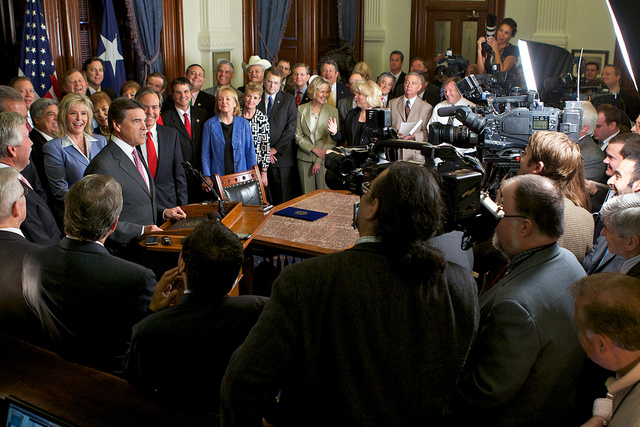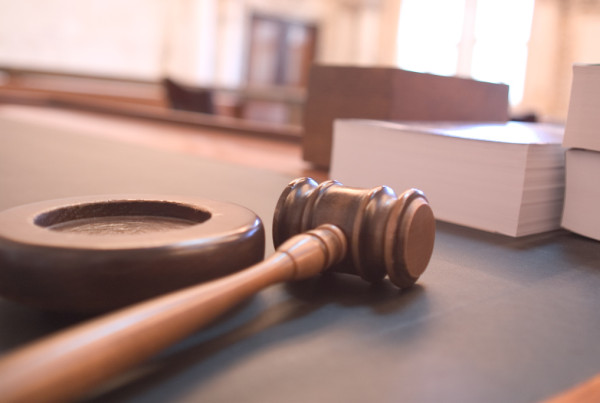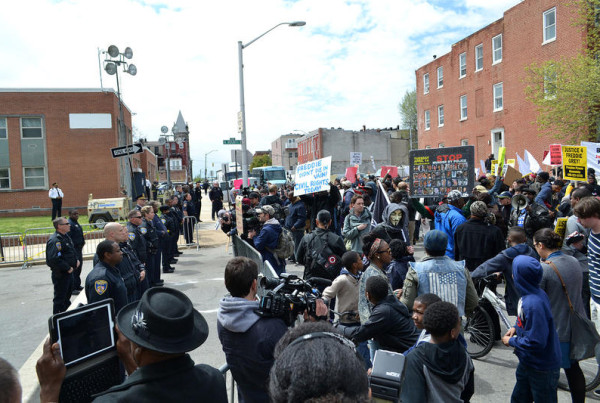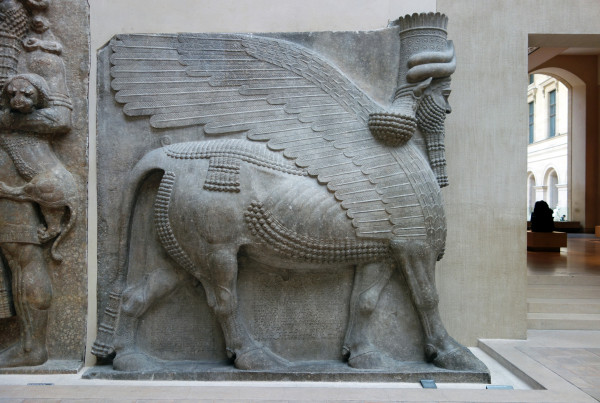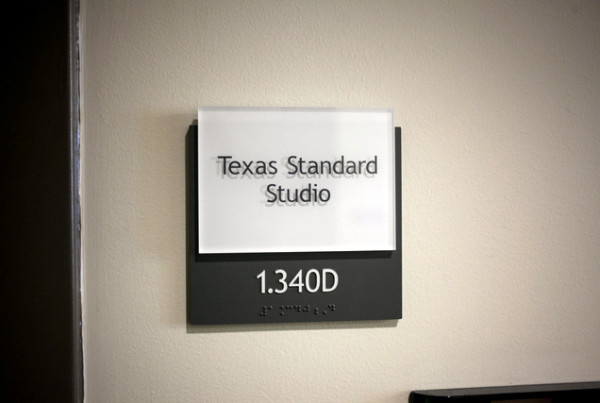Tuesday morning, a three-panel judge of the 5th Circuit Court of Appeals in New Orleans will take up Texas’ voter identification law. Since it was passed by then-Governor Rick Perry in 2011, it has been reconsidered twice on the grounds of racial discrimination. After a few years of bouncing back and forth to the Supreme Court, it was green-lit for use in the last election.
Charles “Rocky” Rhodes is a professor of law at South Texas College. He joins the Texas Standard to talk about photo identification laws and how they affect Texans today.
On how many people are affected by photo identification laws:
“Over half a million registered voters do not have the required ID. And that’s something that’s difficult for a lot of us to fathom: how do people live their lives without any kind of one of these accepted forms of identification?”
On living without a photo identification:
“There’s a lot of misconceptions on what you need a photo identification for. For instance … If you look at the TSA regulations, they have other ways they can verify your identity through other means you can get on a plane even without a photo identification … There are exceptions – [but] people can live their lives without these forms of identification.
On the instances of voter impersonation fraud, specifically:
“Voter impersonation fraud – the type of thing that a photo identification law tries to limit – is pretty rare. There’s been, in Texas, about four documented cases in the last 15 years.”


